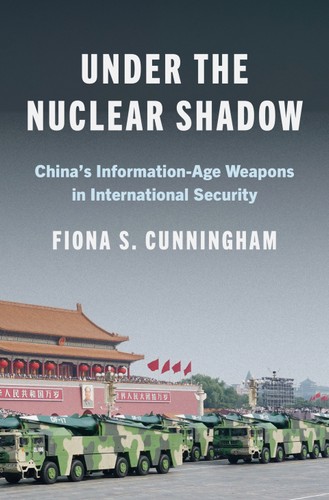

Most ebook files are in PDF format, so you can easily read them using various software such as Foxit Reader or directly on the Google Chrome browser.
Some ebook files are released by publishers in other formats such as .awz, .mobi, .epub, .fb2, etc. You may need to install specific software to read these formats on mobile/PC, such as Calibre.
Please read the tutorial at this link: https://ebookbell.com/faq
We offer FREE conversion to the popular formats you request; however, this may take some time. Therefore, right after payment, please email us, and we will try to provide the service as quickly as possible.
For some exceptional file formats or broken links (if any), please refrain from opening any disputes. Instead, email us first, and we will try to assist within a maximum of 6 hours.
EbookBell Team

4.8
44 reviewsHow can states use military force to achieve their political aims without triggering a catastrophic nuclear war? Among the states facing this dilemma of fighting limited wars, only China has given information-age weapons such a prominent role. While other countries have preferred the traditional options of threatening to use nuclear weapons or fielding capabilities for decisive conventional military victories, China has instead chosen to rely on offensive cyber operations, counterspace capabilities, and precision conventional missiles to coerce its adversaries. In Under the Nuclear Shadow , Fiona Cunningham examines this distinctive aspect of China’s post–Cold War deterrence strategy, developing an original theory of “strategic substitution.” When crises with the United States highlighted the inadequacy of China’s existing military capabilities, Cunningham argues, China pursued information-age weapons that promised to rapidly provide credible leverage against adversaries.
Drawing on hundreds of original Chinese-language sources and interviews with security experts in China, Cunningham provides a rare and candid glimpse from Beijing into the information-age technologies that are reshaping how states gain leverage in the twenty-first century. She offers unprecedented insights into the trajectory of China’s military modernization, as she details the strengths and weaknesses of China’s strategic substitution approach. Under the Nuclear Shadow also looks ahead at the uncertain future of China’s strategic substitution approach and briefly explores too how other states might seize upon the promise of emerging technologies to address weaknesses in their own military strategies.